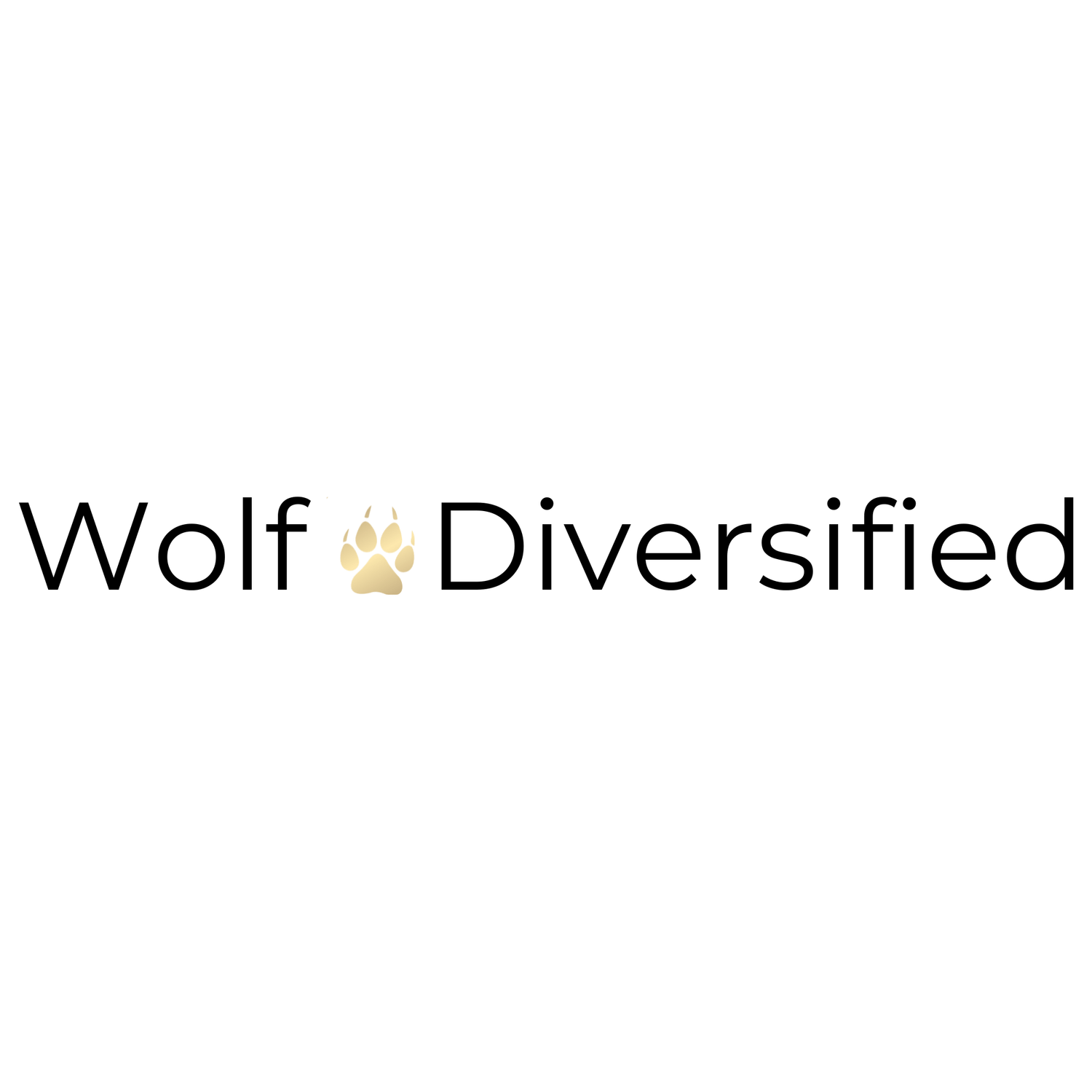Sorting our Values

If you recall, in the last few weeks we discussed the importance of "Leading with Values" and I mentioned that we were going to be walking through the Brené Brown exercises to get our ducks in a row. Maybe "our squirrels gathered" is more accurate - I don't know that my teams have ever been in a row, passing notes down the line. We're more of a huddle formation until we come to agreement and then disperse to do the work. Getting through this exercise wasn't any different. This will be a slightly different Newsletter than usual as I'll give you an idea of what our experience has been like -
Getting Started
Well, this process was kicked off awhile ago, truth be told. Value Statement was put on a list of things we needed to get done. It got pushed around a bit due to other priorities. I know you can all relate. It came up multiple times in various ways - the book reviews I do, questions about how responses should be formed about why we did something a certain way, oh hey weren't we supposed to have talked about this one? And over this last week, I decided that we should really sort this out. So...
I went to the resource I pointed you all to in the not too distant past and pulled workbook items. Brené has resources listed here for all of her books as well as a podcast!
We used 5 items: Values Exercise, Values List, List of Behaviors, Operationalizing Your Organization, and An Example Operationalizing blah blah.
Once these items were in hand, everyone just spent some time looking over the values. Values were highlighted / circled and then crossed out, un-crossed out, re-crossed out.

photo of work session
[An aside - I honestly had no idea there was a podcast until I went to pull resources. I listened to the podcast and it was hilarious while also giving insight to the process; it was she & her sister and it was totally an experience I could relate to. You get a whole other level of honesty when you're talking with your siblings / people are your heart-siblings. It's worth a listen. Also, if you are looking at doing this exercise for work, I would like you to consider talking over / repeating the exercise at home.]
Talking it Through
Once there was a vague idea of the handful of values we each held, the real work had to start - narrowing the values down to TWO. This is hard - there are a lot of good words on the list and many of them seem really important. Some of the words that resonated with us:
Balance
Caring
Courage
Respect
Faith
Family
Honesty
Integrity
Wellbeing
Kindness
Trust
Truth
There were stories told that helped us gain understanding of why those words held importance. Some of those stories were around defining moments in life that made us say - oh! Well, I'm never putting myself in a situation like that again. I need to make sure I'm getting more of "X". Some stories were around the childhoods we experienced that reinforced the importance of living a certain way. There was both humor and reverence along with a whole lot of thoughtfulness.
We found that we could group many of these words together after we understood the drivers behind the choices. Eventually, we whittled it down to Honesty & Kindness. Under Honesty, we nestled Courage, Trust, Truth, Integrity, and some aspects of Respect. Kindness was able to hold the other aspects of Respect, along with Balance, Caring, Family, and Wellbeing. While many of us grew up in Faith-based households and lead Faith-based lives, we omitted it from our corporate list because a) we are not a Faith-based organization in that we aren't actively evangelizing with our work and b) we have multiple faiths across individuals; whose faith would we represent? Instead we found that many aspects could be fit under Kindness.
Value Driven Behaviors
OK, So we chose Values. Yay us! Then what? What good was it going to do us? Full transparency - we're not 100% sure on this yet. It's been less than a week!!! We did start talking through behaviors that we could / should expect going forward (if we don't already do them) by sticking with our values. We'll continue to build on this and if we hit a tricky spot, we'll revisit how behavior could have been more aligned with values. What do I mean?
Well...you know. Someone has a bad day and doesn't respond in email or voice as another someone may hope. Or someone doesn't follow through on something that was expected of them. We talk about it and figure out a) why the behavior wasn't in alignment with our values and b) how can we do better next time. Taking the latter as an example: Person a didn't complete an expected task and didn't communicate to Person b that the task wouldn't be complete on time. Now person b is caught off guard when they can't pick up with their piece of the work puzzle and the client will be caught off guard when the work isn't done on time.
This behavior is neither honest nor kind. Honest & Kind would have been to complete the work OR at least communicate clearly that the work cannot be completed on time. This Honest & Kind could then be passed onto the client with expectation adjustments being made. The client still won't be thrilled, but they're going to be way happier than if we just let them realize on their own that the work isn't done.
This seems obvious, doesn't it? It's not. People under stress panic and second-guess themselves and make excuses for themselves as to why inaction is the best action. Setting values and behavior expectations help them right their ship. Trust gained by working through the behaviors drives repeated (good) behaviors further on. Where have we gotten with this exercise? We have a few behaviors committed to, but we still have effort to put in.
We take responsibility for our tasks, our actions, and our communications even when it's difficult.
We will be honest about the levels and quantity of work we can handle.
We will provide honest feedback when it is requested, doing our best to back it up with logic and facts over emotion. (My team members have NEVER had an issue with this one lol. They will 100% tell me if they think I have presented a bad idea. I think that's...good? It means I provide them with a safe environment, right?)
We will ask for the help that we need and show kindness to others that ask for help. (Reminding ourselves that none of us can know everything.)
We will work together to create and maintain balance for all team members. (If you see someone is overwhelmed / overloaded, bring it to the table for rebalancing.)
We talk to each other, not about each other.
I have a couple in MY head that I haven't massaged into professional language yet. They're around behavior toward each other. I'll get there. And we'll keep working on building this out for internal expectations and external expectations.
Behind The Curtains
So, there is a section of the work that calls for each person to list out behaviors that show them operating within their values. AND behaviors that show them operating OUT of alignment. I'm not going to go into detail here because these answers can be really personal and acting out of Kindness, we don't share what isn't ours to share.
Well, I'll tell you one of mine - I definitely get out of alignment with my values when I experience rude drivers. It makes me irritable and sweary. And I say things like - Learn how to drive Susan! Get the H off the road Susan! OMGAWD Susan, do you need me to show you how a blinker works?! I don't know why it's Susan. I don't even know a Susan that upset me in such a way. I really do try to think kind thoughts when this happens, like - oh! They probably got up late or their kids forgot to tell them they needed 2 dozen cookies until this morning and they're running late. But, then it gets crossed out because they're tardiness gives them no excuse to put my life or other driver lives in danger. That's more unkind than my response. Ooph.
Anyway, it's really important to work through these questions because you're exploring YOU and helps you determine if you have the right values chosen. It also helps you figure out what you need to feel supported in your values and ... the big one ... what you need to do to compassionately support yourself in your values. Compassion toward yourself. Repeat it a couple of times to yourself.
Why Values Matter in Leadership
Last values episode, I plopped the following 3 points under this header: values create consistency, anchor you in challenge, and fuel courage. Do I still think this is true? Heck yeah! See my updates below -
1. Values create consistency. Your team doesn’t just want to know what you expect — they want to know why. When leaders act consistently from their values, it builds trust. People may not always like every decision, but they’ll understand it, and they’ll know what to expect from you.
There's been a good amount of talk about the why. And because of that, we came to agreement on the values we want to work by here and how we will expect them to show up in our behavior. Because we've committed to it, we've created space for consistency.
2. Values anchor you in challenge. It’s easy to lead when things are smooth. But when projects derail, conflict arises, or growth feels overwhelming, values give you a compass. Instead of defaulting to blame or avoidance, you can respond with integrity.
I think the Kindness value really comes into play with this one. When we struggle with delivering bad news or whether we should say anything at all, but then we can point to our value and say to ourselves, "The kindest thing I can do is communicate", I think that helps push us forward. I can't think of a single person on my teams, past or present, who wanted to be unkind to another team member on purpose. (Once we accidentally fed one of our team members something they were allergic to, but it wasn't intentional and there was much flailing of arms and panic when we realized.)
I think Kindness sometimes can come easier than Honesty. Sometimes it takes a lot of courage to be honest when we know it will cause a bit of pain for the recipient and it might cause us to waiver. This is a tough one to talk through.
3. Values fuel courage. Courage doesn’t mean the absence of fear — it means acting in alignment with what matters most, even when fear shows up. Leaders who know their values don’t crumble under pressure; they show up grounded. They act even in the midst of fear.
Definitely still stand by this one. Having values defined and expected behaviors outlined will absolutely help this. Being able to look back at this work when we're in a tough spot - I can absolutely see this pushing us through difficult spots. That - ohhh I don't want to do this, but right here...I committed to this and everyone expects this.
I also think that seeing everyone put these Values and Behaviors into action will just make it repeatedly easier to work through tough places. We're all human, none of us are perfect - we're all just practicing. Having a list of things we're meant to practice - well, I think that makes it a little easier to hit the mark, don't you?
Again, we're still working through this exercise. Give us another week or so and we'll have our Values visible on the website.
Hopefully having glimpses of what we went through will give you courage to work through this on your own teams. I really do think it's been a beneficial exercise - one that won't end up in the bottom drawer and forgotten about.
support@wolfdiversified.com
Subscribe to our weekly newsletter for insights on project management, technical strategy, and leadership. Instantly get our free guide: the 7 problems we’re most often called in to fix — and what you can do about them.



